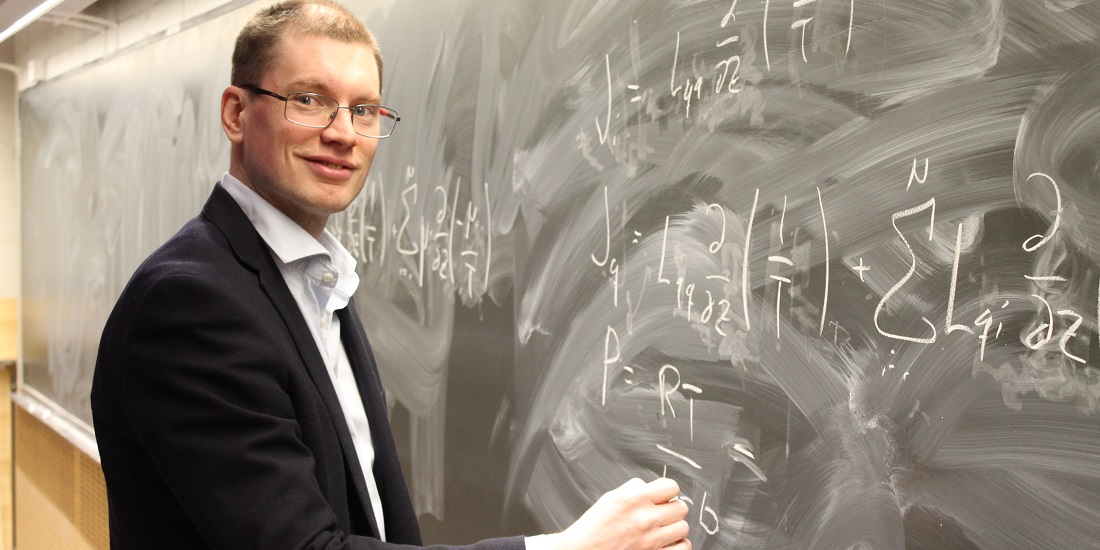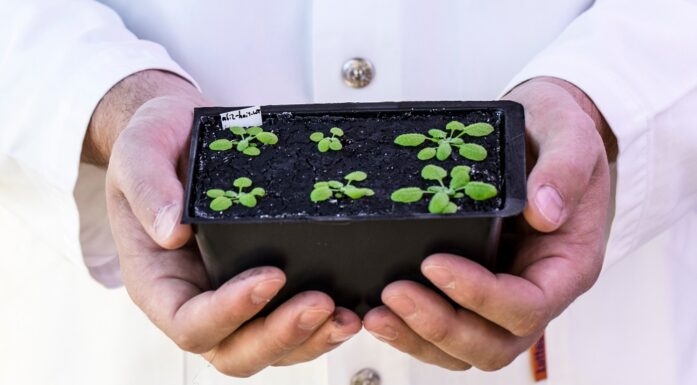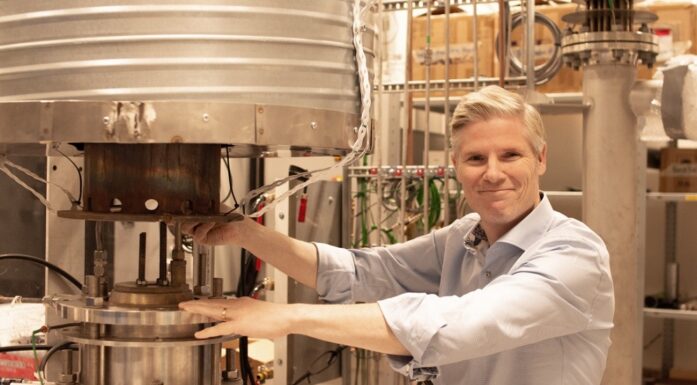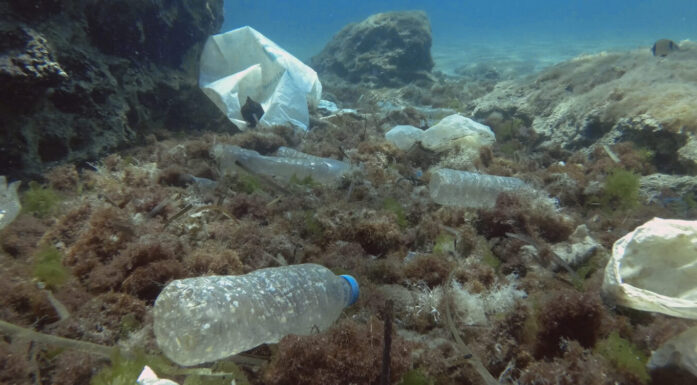How do raindrops grow?
New research could lead to better weather forecasts and climate models.
The thermodynamics group at NTNU has been awarded an ERC Starting Grant from the European Research Council with funding of €1.5 million.
The group is led by Øivind Wilhelmsen, a professor at NTNU’s Department of Chemistry.
“Even though it is 2023, we still don’t understand the mechanisms behind the transport of energy and particles in the transition between liquid and gas,” says Wilhelmsen.
The goal for the research group is therefore to develop a far more precise theory and methods to better understand the interface between the liquid and gas forms.
“This understanding is important for how raindrops grow in the atmosphere, how quickly water evaporates from lakes, for distillation in industry and for developing various technologies at the micro and nano levels,” Wilhelmsen says.
- You may also like: ERC Grant aims to figure out the cost of survival
Better understanding is urgently needed
The current theories are simply not good enough.
“Developing a better theory and understanding is urgent. The current alternatives can miscalculate the evaporation rate by a factor of a hundred to a thousand,” says Wilhelmsen.
The research group aims to reduce this margin of error to around 10 per cent, which would be a paradigm shift within the field.
More about ERC grants
- The European Research Council (ERC) was established by the EU in 2007 and is the leading European funding organization for outstanding research. Every year, the ERC funds the very best creative researchers to run projects based in Europe.
- The ERC grants are divided into: Starting, Consolidator, Advanced and Synergy Grants.
- ERC was part of the Horizon 2020 programme and is continuing as part of the Horizon Europe Framework Programme.
ERC willing to fund basic research
Although this is important for topics such as weather forecasts and climate models, we still don’t understand the details behind what happens in the transition between liquid and gas. Maybe it’s simply due to a lack of smart people who understand it.
However, money is also needed to bring these smart people together and give them the resources they need, and basic research is not the easiest type of research to find funding for. Fortunately, this is where ERC comes in.
Wilhelmsen praises his colleagues, students and others who have contributed to the effort to obtain the ERC grant. This is not something he could have managed on his own, he says. Only around 15 per cent of applicants are successful, and many researchers have thus been involved in developing a solid application.
Now Wilhelmsen is looking for people who can contribute to the effort. The research team’s tasks will include building two experimental rigs. The work is estimated to take five years.





